Talking Cents
|
December November October September August July June May April March February January |
Small business accountants - ATO's major focusAs your tax accountants in Surry Hills we thought we would let you know that Personal Service Income (PSI) issues continue to be a major focus of ATO compliance activities. For those readers who have not yet caught up with PSI it essentially relates to individuals earning non-salary income, often via a company structure, through work as a sub-contractor. There are a number of tests that a company must satisfy in order to not fall under the PSI restrictions. These restrictions limit just what a business is allowed to claim in the way of allowable tax deductions as well as access to certain small business concessions.The key tests are: Without breaking down each of the tests in depth in this article (each test could easily be an article on its own) lets jump straight into two recent rulings the ATO has made on PSI related matters to illustrate some key aspects of PSI laws. The first case concerned the unrelated client's test where the Federal Court has recently confirmed a decision made by the ATO that the taxpayer failed the unrelated clients test for the purposes of the Personal Service Income (PSI) in relation to a drafting business he carried on through his private company. In this particular case, the taxpayer did not satisfy the requirement of a business to make general offers to the public for their services. The taxpayer directly contacted known associates within his industry for potential work and therefore did not comply with making offers or invitations to the public at large or a section of the public as required by s 87-20(1)(b). This is part of the unrelated client's test that must be met in order to escape the restrictions of the PSI laws. The ATO takes the view that if you are not openly advertising or promoting yourself in the marketplace, then the odds are you are only earning income through one or two contacts and are not really operating a true business. Unless you are able to prove without any doubt, that you have made clear, unambiguous offers to the public of your services then the ATO will treat all income and expenses as non-PSI related income. The second case (AAT Case [2011] AATA 682) concerned a taxpayer who was operating a small IT business, earning its income through a small number of contracts. These contracts were all through a related group of businesses. The fact that the taxpayer's income all came via a group of associated businesses denied the taxpayer the ability to pass the 80/20 rule and thus be eligible as a PSI earning business. The fact that the taxpayer's clients were all related is similar to the reasoning behind the first case mentioned earlier. In sourcing all of his income via a group of businesses the taxpayer demonstrated to the ATO that he had not gone out of his way to market his services to the general public and had relied on a small number of business contacts to secure the contract income. Further, the taxpayer was also heavily penalized by the ATO for not demonstrating reasonable care in making himself aware of the PSI requirements. Further, by not coming clean and disclosing all of this information as soon as the ATO had made an initial inquiry into this taxpayers affairs, the taxpayer gave the impression of either neglect or negligence and the ATO had no choice but to penalize the taxpayer. The PSI rules are clearly designed to catch taxpayers that have established company structures for what is essentially employment related income. The benefits in terms of what can and cannot be claimed are often too tempting for some taxpayers. If you have such a company structure and have not met with your accountant to seek out specialist advice on whether or not you satisfy the PSI rules then I can only urge you do to make it a high priority. The ATO is clamping down in this area and it may only be a matter of time before you get a phone call or letter from the ATO requesting that you satisfy the PSI rules or face a potential audit. Something no taxpayer wants to face at any time. As your business accountants please contact us for any further information. |




